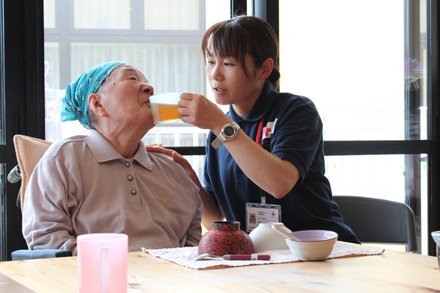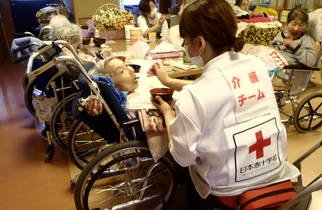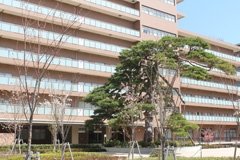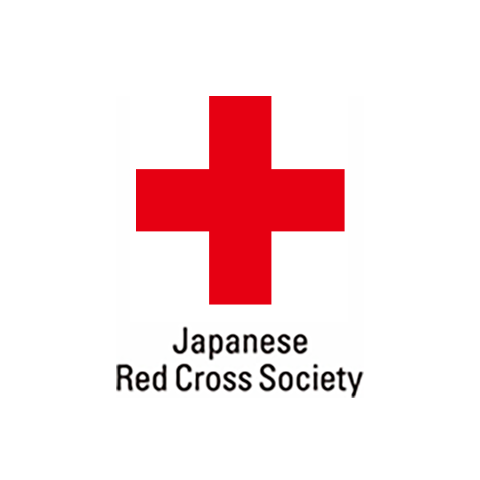Social Welfare Services
The Japanese Red Cross Society offers social welfare services nationwide to assist people in need of social welfare support, allowing them to live independently and with dignity.

Japan's population is aging at an unparalleled rate and the country is becoming an unprecedented "super aging" society, with 1 out of every 3.5 people aged 65 and over. The declining birthrate and rapidly aging society form the core of a social problem that is greatly transforming the living environment in Japan. Being able to live independently in a community that one has grown accustomed to is an important desire shared by all.
There is also a serious need for child support programs to resolve issues related to child-raising anxieties and child abuse. In light of the situation, there is an increasing need for JRCS social services, which supplement the existing public and legal systems. These services enable people and organizations alike - local residents, volunteers, welfare service providers and the government are all included - to work in cooperation with each other to create mutually supportive communities.
Major Features

The JRCS aims to address some of these challenges at its welfare facilities for children, the elderly and the disabled. These venues are available for overnight and day use, and each comes with staff support. The JRCS fills the gaps where there is a lack of local social welfare services by providing its own high-level services founded on the Red Cross principles. It also coordinates the efforts of the Red Cross Volunteer Corps, JRCS Chapter, Red Cross Hospitals, local communities and other welfare organization, and manages community-based support services. The latter include support in raising children, home care nursing support, and support for independent living and societal participation for the disabled.
Increasing child abuse and child-raising anxiety among some parents are creating a need for services that assist parents in raising their children. To address these issues, the JRCS, through its chapter and child welfare facilities among other things, offer child safety courses, parenting courses and child-care consultations. In welfare institutions for the elderly, the level of care required by people using the facility is rising. The amount of medical treatment needed by patients is ever growing, and so is the number of dementia patients. There is no doubt; the landscape of elderly care is changing. The JRCS' special care nursing homes are working to improve the quality of their staff, enhance facility services, and offer high level specialist care, in the hope of alleviating the resulting pressure felt by local communities.
In terms of welfare institutions for people with disabilities, the JRCS runs 1 rehabilitation facility for people with physical disabilities, 2 information service facilities for people with visual or hearing disabilities, and a prosthetics manufacturing facility.
ReCross Hiroo

With the aim to provide a model for a new type of urban district that offers comprehensive medical and welfare services, the JRCS developed an innovative complex of facilities around the existing Japanese Red Cross Medical Centre and the Japanese Red Cross College of Nursing in the Hiroo district in Tokyo (ReCross Hiroo). ReCross Hiroo, completed in April 2012, serves as a base for welfare services for the elderly, containing a special care nursing home, a rehabilitation institution for the elderly, a group home for people with dementia, and a rehabilitation facility for people with physical disabilities. The complex is intended to become the epicenter of the JRCS' social welfare network by offering all kinds of services for health care and nursing needs, and providing training on the latest nursing care techniques.




